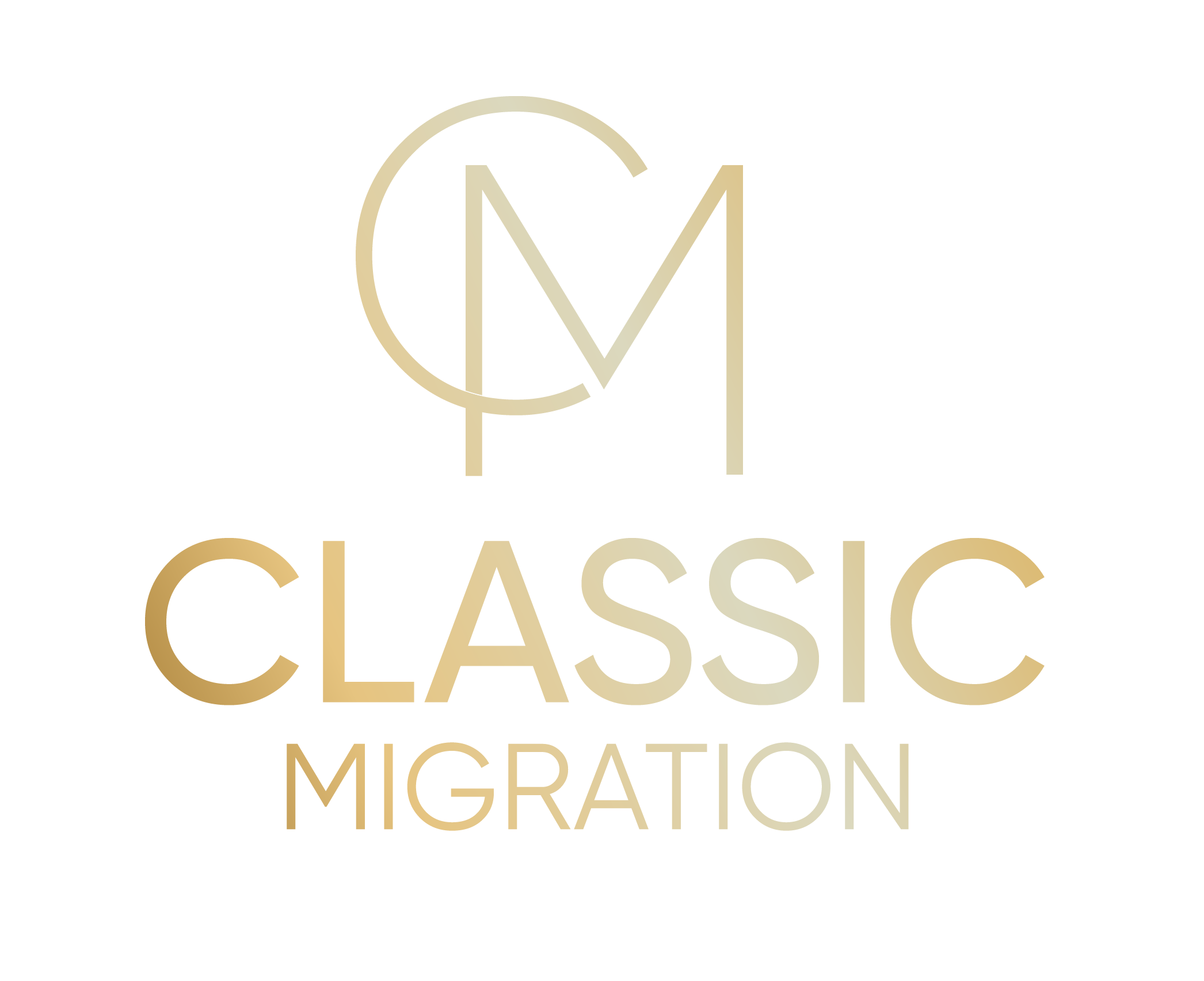Schools in Australia:
Australian schools are among the finest in the world. School education in Australia includes preschool, preparatory (or kindergarten), primary school, secondary school (or high school) and senior secondary school (or college).
Schooling lasts for 13 years, from preparatory to senior secondary. School is compulsory until at least the age of 16. Types of schools include government schools, non-government schools (including faith-based schools such as Catholic or Islamic schools) and schools based on educational philosophies such as Montessori and Steiner. All schools must be registered with the state or territory education department and are subject to government requirements in terms of infrastructure and teacher registration.
Australian schools do more than just educate students. They prepare them for life − developing communication skills, self-discipline and respect for themselves, their peers and their world. Schools offer a broad curriculum in the key learning areas – English, mathematics, studies of society and the environment, science, arts, Languages Other Than English (LOTE), technology, health and physical education. They also believe strongly in the benefits of a rounded education – including the teamwork, self-expression and personal development that happens outside the classroom. In Australia, students will enjoy a diverse learning environment that is as personally enriching as it is educational, and develop the skills and qualities needed in a changing world.
Vocational education:
Australian Vocational Education and Training (VET) is based on a partnership between governments and industry.
Whether you’re looking to move straight into the workforce or to take an initial step in your tertiary education, an Australian Vocational Education and Training (VET) qualification can take you where you want to go. Australia’s VET sector is based on a partnership between governments and industry. VET qualifications are provided by government institutions, called Technical and Further Education (TAFE) institutions, as well as private institutions. Australian governments (federal and state) provide funding, develop policies, and contribute to regulation and quality assurance of the sector. Industry and employer groups contribute to training policies and priorities, and in developing qualifications that deliver skills to the workforce.
Listed below are the qualifications and possible career outcomes of Australian VET courses:
Certificate I
Duration – 4 to 6 months
Career outcome – Competent operator
Certificate II
Duration – About 1 year
Career outcome – Advanced operator
Certificate III
Duration – About 1 year
Career outcome – Qualified tradesperson or technician
Certificate IV
Duration – 12 to 18 months
Career outcome – Supervisor
Diploma
Duration – 18 to 24 months
Career outcome – Para-professional
Advanced Diploma
Duration – 24 to 36 months
Career outcome – Junior manager
Universities and Higher Education:
Australian universities provide international students with choices and opportunities across all study disciplines. The qualifications you can attain at a university or higher education institution are shown below.
Associate degree
Duration – Two years
Completed following – Year 12 or equivalent, Certificate III or Certificate IV Details – The Associate Degree is a short-cycle Degree program that can help with career development if you’re already working and don't have time to complete a full Bachelor Degree. It can be a pathway to a Bachelor Degree or prepare you for an Advanced Diploma in specialist industry training. An Associate Degree will be about the basics or foundations of your field. It will cover the broad theory and enable you to develop basic employment-related skills.
Bachelor Degree
Duration – Three to five years (depending on program) Completed following – Year 12 or equivalent, Certificate III or Certificate IV Details – A Bachelor Degree is the basic qualification for entry to a field. It will give you a systematic body of knowledge, the underlying principles and the problem-solving techniques you'll need to work in the discipline. With deeper content than an Associate Degree, your Bachelor Degree will develop your skills and knowledge to the point where you can pursue postgraduate studies if you want to.
Bachelor Degree (Honours)
Duration – Four years
Completed following – Bachelor Degree
Details – If you do particularly well in your Bachelor Degree, your institution might grant entry to an additional year of study to enable you to graduate with honours.
Graduate Certificate
Duration – 6 months
Completed following – Bachelor Degree
Details – Your Graduate Certificate will broaden individual skills you already have from the undergraduate program, or develop your knowledge in a new area.
Graduate Diploma
Duration – One year
Completed following – Bachelor Degree
Details – A Graduate Diploma will apply a body of knowledge in a range of contexts for you to undertake professional or highly skilled work and as a pathway for further learning.
Masters Degree (Coursework)
Duration – 1 to 2 years
Completed following – Bachelor Degree (Honours) or Bachelor Degree
Details – A Masters Degree (coursework) involves traditional coursework that will develop your expertise in your field. A Masters Degree takes either one year after a Bachelor Degree with honours, or two years after a Bachelor Degree.
Masters Degree (Research)
Duration – Typically 2 years
Completed following – Bachelor Degree (Honours) or Bachelor Degree
Details – A Masters Degree is a course of independent research that will further your position as an expert in your chosen field of study.
Doctoral Degree
Duration – Typically 3 to 4 years
Completed following – Masters Degree
Details – The highest award offered by Australian universities, the Doctoral Degree is a research program, although it can have some coursework. The three components of your Doctoral Degree are:
- A review of literature, experimentation or other methodical approaches to a body of knowledge.
- An original research project that makes a contribution to understanding and knowledge in your field.
- A substantial, well-ordered thesis that shows a relationship between the research and the field of study.
List Of Australian Universities:
Australian Capital Territory:
Australian National University – http://www.anu.edu.au/study/information-for/international-students
University of Canberra – http://www.canberra.edu.au/international
New South Wales
Australian Catholic University – https://www.acu.edu.au/international
Charles Sturt University – http://study.csu.edu.au/international
Macquarie University – https://www.mq.edu.au/international.php
Southern Cross University – http://scu.edu.au/international/
University of New England – https://www.une.edu.au/study/international
University of New South Wales – https://www.international.unsw.edu.au/
University of Newcastle – https://www.newcastle.edu.au/international
University of Sydney – http://sydney.edu.au/future-students/
University of Technology, Sydney – http://www.uts.edu.au/future-students/international
Western Sydney University – http://www.westernsydney.edu.au/international
University of Wollongong – https://www.uow.edu.au/future/international/index.html
Northern Territory
Charles Darwin University – http://www.cdu.edu.au/international
Queensland
Bond University – http://bond.edu.au/future-students/international
CQ University – https://www.cqu.edu.au/international-students
Federation University of Australia – https://federation.edu.au/brisbane
Griffith University – http://www.griffith.edu.au/international
James Cook University – http://www.jcu.edu.au/international/
Queensland University of Technology – https://www.qut.edu.au/international
University of Southern Queensland – http://www.usq.edu.au/study/international
University of the Sunshine Coast – http://www.usc.edu.au/learn/international-students
South Australia
Carnegie Mellon University – http://www.australia.cmu.edu/
Flinders University – http://www.flinders.edu.au/international-students/
Torrens University Australia – http://www.torrens.edu.au/studying/international-students
University of Adelaide – http://international.adelaide.edu.au/
University of South Australia – http://www.unisa.edu.au/study-at-unisa/international-students/
Tasmania
University of Tasmania – http://www.utas.edu.au/international
Victoria
Deakin University – http://www.deakin.edu.au/study-at-deakin/international-students
Federation University of Australia – http://federation.edu.au/international
La Trobe University – http://www.latrobe.edu.au/international
Monash University – https://www.monash.edu/study/international
RMIT University – https://www.rmit.edu.au/study-with-us/international-students
Swinburne University of Technology – http://www.swinburne.edu.au/study/international/
University of Divinity – http://www.divinity.edu.au/study/international-student-resources/
University of Melbourne – https://www.unimelb.edu.au/
Victoria University – http://www.vu.edu.au/study-with-us/international-students
Western Australia
Curtin University – http://international.curtin.edu.au/
Edith Cowan University – http://www.ecu.edu.au/degrees/international
Murdoch University – http://www.murdoch.edu.au/Future-students/International-students/
University of Notre Dame Australia – http://www.nd.edu.au/nav-future-students/international-students
University of Western Australia – http://www.international.uwa.edu.au/
Australian university rankings
When it comes to world education rankings, Australia has a strong, proven track record. When it comes to world university rankings, Australia has a strong, proven track record. Across all global ranking systems, criteria and fields of study, Australia ranks highly for quality of education, student satisfaction, and global reputation.
There are a number of university ranking systems in use around the world, three commonly
used rankings are:
- Academic Ranking of World Universities
- QS World University Rankings
- Times Higher Education (THE) World University Rankings
Seven of Australia’s universities feature in the top 100 ranked universities in the world in the latest QS ranking (2020). And if you have a specific study area of interest, there is every chance Australia has you covered, with at least three Australian universities in the top 50 worldwide across the study areas of Arts and Humanities, Engineering and Technologies, Natural Sciences, Life Sciences and Medicine and Social Sciences and Management.
Australia also has 15 universities ranked in the top 100 under in the latest Times Higher Education ranking results (2020).




